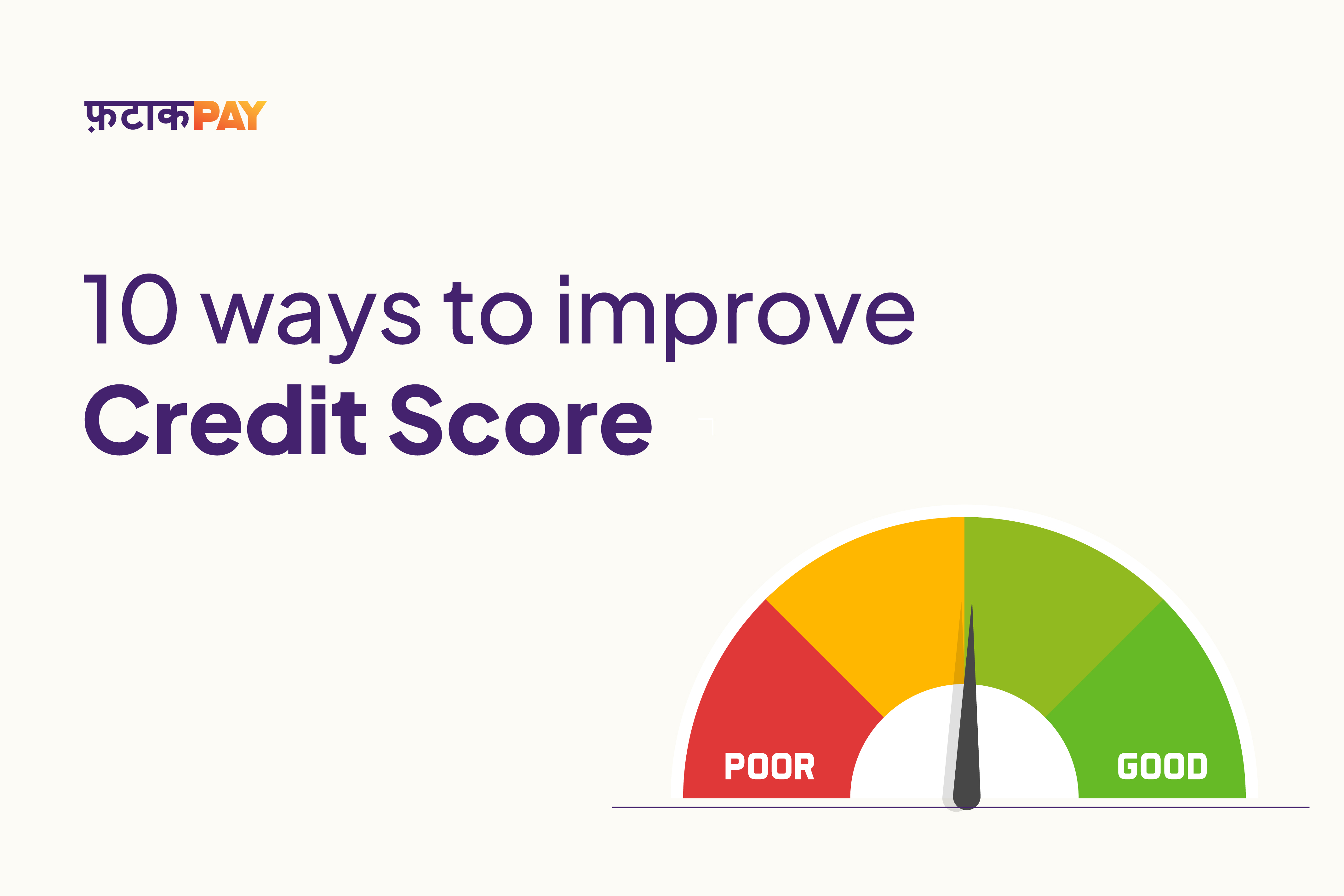Imagine you have started a small business. You want to open a general store in your area, where you could sell basic ration stuff or regular household stuff, but you need a suitable funding solution for your business.
Launching costs, controlling cash flow, and funding expansion are some Financial challenges you may face. If you are wondering how to arrange funds for your small business, this blog is for you.
In this blog, we’ll examine the range of small business financing choices accessible to assist you in making decisions that will support your company aspirations.
7 Ways To Finance Your Small Business
1. Bootstrapping:
Bootstrapping is for you if you want to play safe and don’t wish to accept any risk. You can fund your company with your funds and profits from your firm. This method will decrease the requirement for outside funding.
Advantages:
If you use bootstrapping for your business, you can easily avoid debts and keep your financial independence while maintaining complete ownership and control over your company.
But consider that there are fewer available funding sources, so the expansion of your firm will be slower. Your finances will also be at risk.
2. Loans to Small Businesses:
There are several alternatives for small businesses where you can apply for a loan available to small companies. These options are safest if you are lending money from another organization.
Traditional bank loans:
Traditional Banks and credit unions provide you with loans for your business with reasonable interest rates and periods. They also frequently need borrowers to have a good credit history and provide collateral. If you don’t fulfil these conditions, you won’t be able to apply for loans.
National Institute of Entrepreneurship and Small Business:
An agency of the Ministry of Skill Development and Entrepreneurship, the National Institute for Entrepreneurship and Small Business Development engages in training, consulting, research, and publication to advance entrepreneurship and skill development. They provide loans with more flexible terms and smaller down payments, making them accessible to many firms.
3. Business credit card:
Another lending option is a Business credit card. You can use these credit cards for various business expenses such as Location costs, Utilities, Business insurance, Office equipment, Employee salary and benefits, etc. Credit cards from different companies provide different benefits that are mostly money-saving.
Advantages:
They are very convenient and flexible. You would often receive offers and cashback benefits.
These loans have high-interest rates if balances aren’t paid in full each month, so consider this before applying for these credit cards.
4. Crowdfunding:
Crowdfunding is a method through which you can obtain small donations from a large sum of individuals, typically online, to support a project or business. For example, there are a lot of people on the internet who conduct live streams to raise money for charities or reasons.
The following two crowdfunding methods are mentioned below:
Equity crowdfunding:
Equity is just the value of an investor’s ownership share in a business. It symbolizes the share price that an investor holds. Shareholders who possess stock have access to possible financial gains and dividends.
Equity Crowdfunding helps your company raise money by offering stock shares to many people using crowdfunding websites like Indiegogo and Kickstarter.
Crowdfunding with rewards:
You could give away your products, services, or rewards in return for funds for this. So many companies offer giveaways with the help of social media in return for something. You can also give away your products or services at a lower price so many people will be attracted and want to try them. Hence, your sales will increase.
5. Capital from angel investors and venture firms:
Angel financiers:
Some high-net-worth individuals are willing to finance small enterprises in return for stock or convertible debt. They frequently provide experience and coaching that can assist you in expanding your firm. You can reach out to these angel investors and can have funds for your business.
Venture Capital:
Investors lend money to these start-up enterprises or small organizations that have the potential to develop significantly in upcoming years. This sort of funding is known as venture capital (VC). Venture capital firms provide significant cash in return for stock and often invest in high-growth enterprises, although they have tight investment standards.
6. Invoice Financing and Factoring:
Invoice Financing:
Using high-value, unpaid invoices as security, invoice financing is a credit instrument that enables businesses to borrow money. In this method, you can obtain the money you require to cover immediate cash flow needs, such as making inventory purchases, paying off debt, paying staff or vendors, paying for marketing, and more.
Invoice Factoring:
It’s a strategy to increase your cash flow and revenue stability. Invoice factoring is a sort of invoice finance where you “sell” some or all of your company’s unpaid invoices to a third party. Most of the billed money will be paid immediately by a factoring business, who will then go after payment directly from your clients.
7. Microloans and grants
Microloans:
Nonprofits and community organizations like public schools, public charities, public clinics and hospitals, political organizations, legal aid societies, volunteer services, organizations, labor unions, etc. provide small, short-term loans to assist you with your modest financial needs.
Grants:
A grant refers to the financial support provided by various sources, including public entities, charitable foundations, specialized grant-giving organizations, or socially responsible businesses.
Grants are given to persons or groups, but sometimes companies and local government agencies, to create a public or communal benefit.
To support certain business activities, research, or innovation, you might choose grants offered by Government agencies, foundations, and corporations.
Conclusion:
A variety of financial sources, careful preparation, and a thorough comprehension of the related costs and risks are frequently required to identify the best financing strategy for an individual.
Align your finance approach with your business goals and development plans, regardless of whether you decide to bootstrap your company, apply for loans, find investors, or investigate other funding sources.
Your small business may prosper and reach its full potential with the proper financial foundation.
| Personal Loans by City | ||||
|---|---|---|---|---|
| Personal Loan Bengaluru | Personal Loan Thane | Personal Loan Mumbai | Personal Loan Hyderabad | |
| Personal Loan Pune | Personal Loan Surat | Personal Loan Coimbatore | Personal Loan Delhi | |
| Personal Loans by Amount | ₹60,000 Personal Loan | ₹3 Lakh Personal Loan | ₹5 Lakh Personal Loan |
|---|






